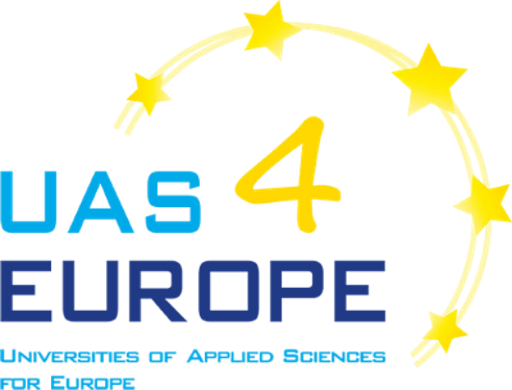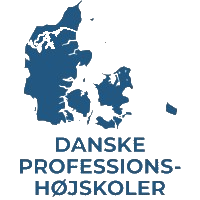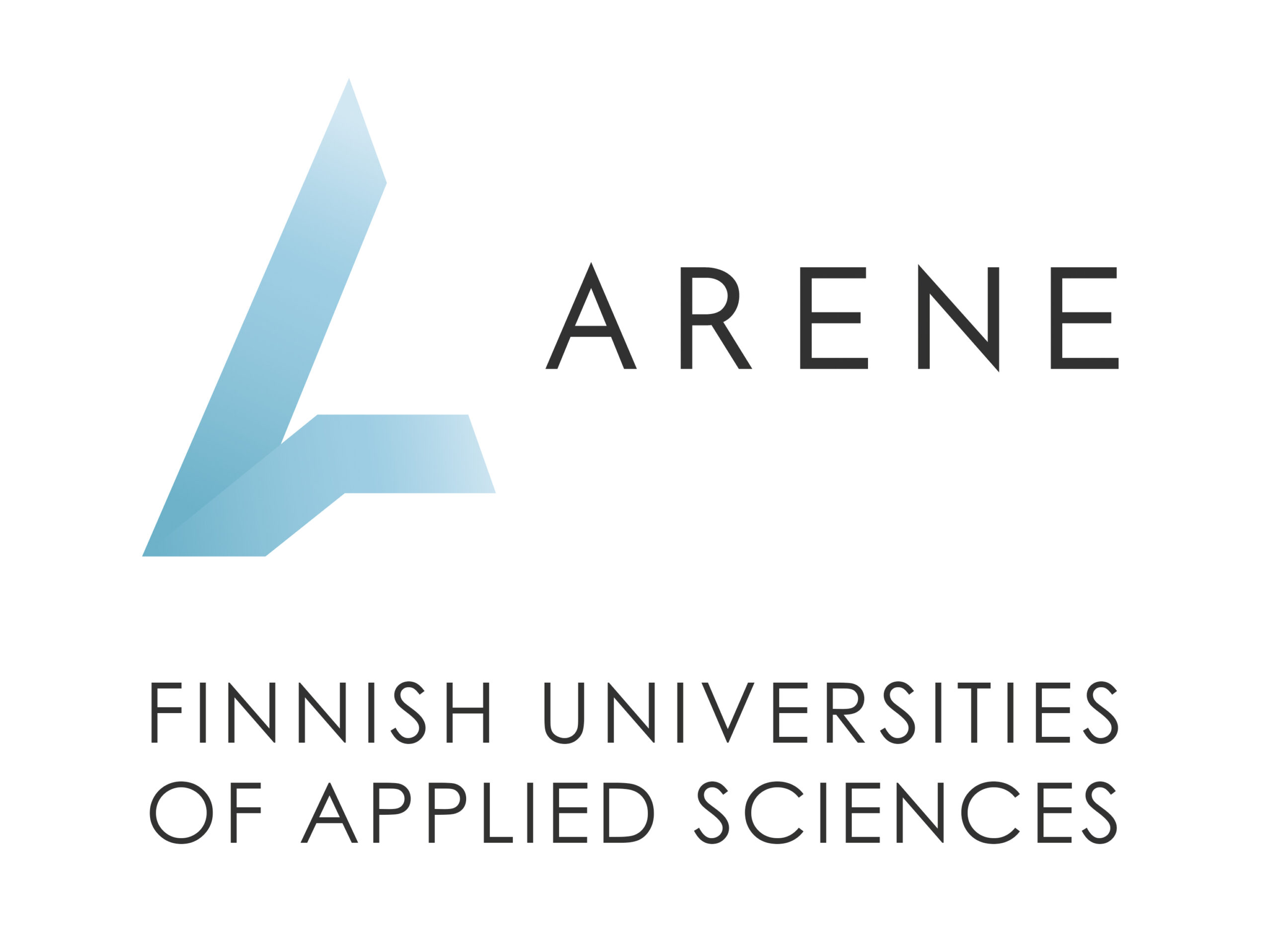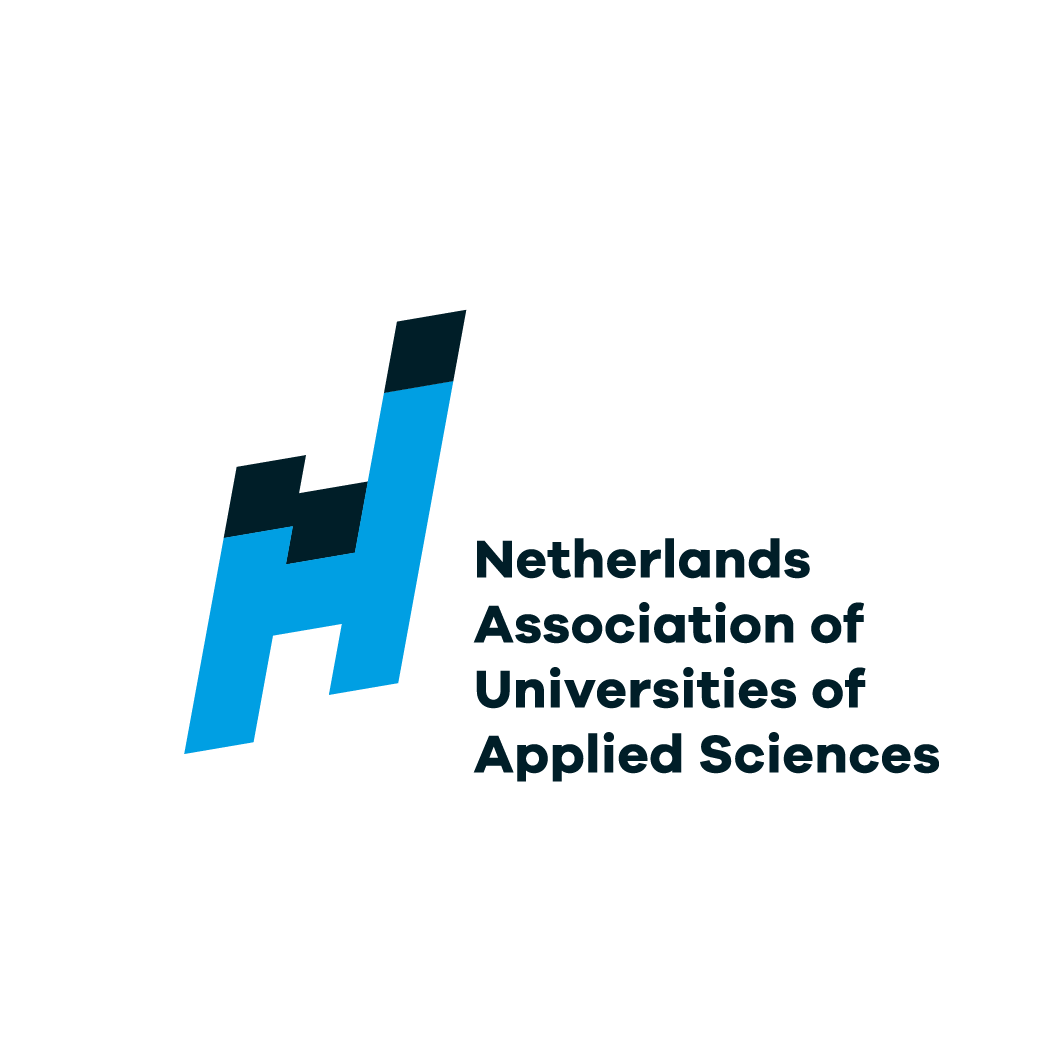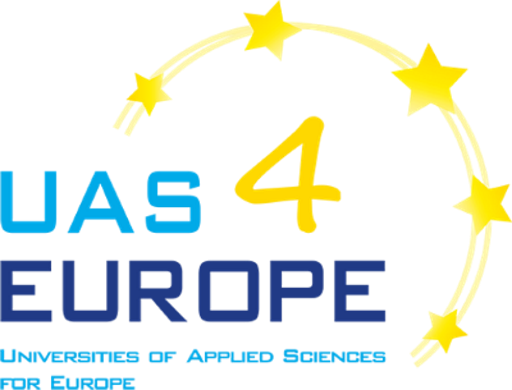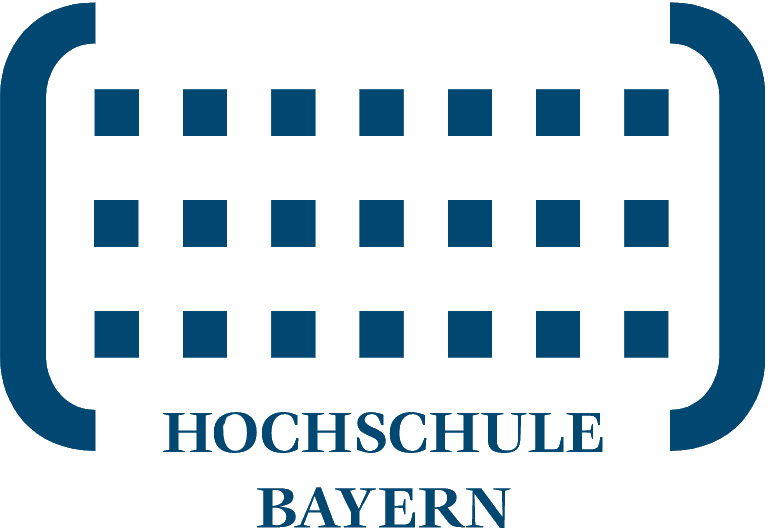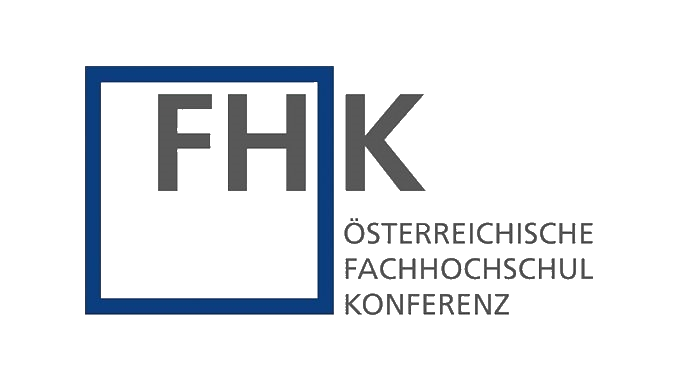Faces of UAS4EUROPE: Dr. Mona Roman (U!REKA)
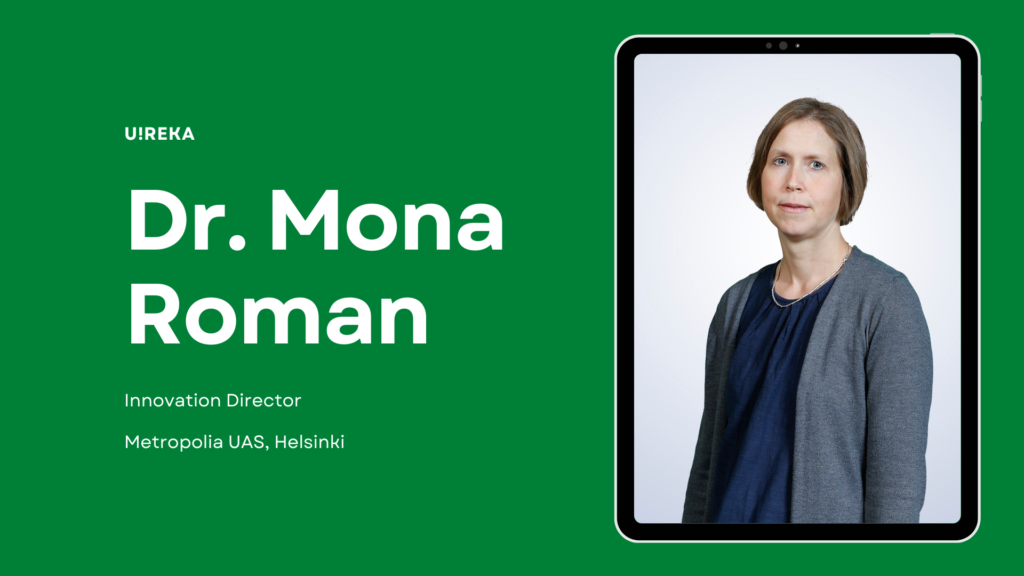
Dr. Mona Roman is Innovation Director at Metropolia University of Applied Sciences in Helsinki. In this role, she is responsible for Metropolia’s development of RD&I activities related to sustainable urban development. Furthermore, she coordinates the application of the Urban Research and Education Knowledge Alliance (U!REKA) to join the European Universities Initiative as a new university alliance called U!REKA SHIFT.
On the occasion of the third edition of Faces of UAS4EUROPE, Dr. Roman sat down with us to discuss the origins and objectives of U!REKA SHIFT, as well as the experiences she made throughout the EUI application process.
Dr. Mona Roman on…
… the origins and focus of U!REKA
The Urban Research and Education Knowledge Alliance (U!REKA) is a UAS-driven collaboration of seven urban-focused higher education institutions in Amsterdam, Edinburgh, Ghent, Frankfurt, Helsinki, Ostrava and Lisbon. Initiated by Amsterdam UAS in 2016, U!REKA’s partners focus particularly on the sustainable, human, inclusive and future-proof transition (SHIFT) to climate-neutral and smart cities. With five out of the 100 selected cities in the EU Mission on Climate-Neutral and Smart Cities among their partners, U!REKA SHIFT actively contributes to the objective of Europe becoming the first climate-neutral continent. Following the latest EUI Call, U!REKA SHIFT is aiming to become a new alliance in the context of the European Universities Initiative in summer 2023.
… on the objectives of U!REKA SHIFT
With the overarching goal of supporting European cities in their journey towards climate neutrality, Mona stresses that U!REKA SHIFT particularly aims to better integrate their partner universities “to allow for a true collaboration between the local ecosystems”. To achieve this, one of the objectives is to establish an inter-university campus between U!REKA universities and beyond, including life-long learners. The co-development of challenge-based collaborative learning and innovation lies at the heart of this campus. Being close to the labour market and local ecosystem actors, UAS are particularly suited to address the challenges of their surroundings “by forming a knowledge creating community”. In the case of U!REKA, this especially applies to the context of climate-neutrality in urban areas.
… on U!REKA’s successes and challenges so far
Since the start of their collaboration in 2016, U!REKA’s partner institutions have set up a number of joint offers for students, such as the Change Agents programme, a multidisciplinary course in which students come together to solve different societal challenges. U!REKA Debates is a study module where students from different subjects reflect on societal, cultural and scientific topics to sharpen their critical thinking. Furthermore, numerous projects allow for close collaboration in the area of research, such as in the context of NEB Stewardship Lab where Metropolia UAS and Amsterdam UAS together with their international group of coordinators co-develop the model of a NEB Stewardship to make the New European Bauhaus more accessible for higher education institutions and students.
All in all, U!REKA has been successful in setting up individual courses and projects. Nevertheless, Mona outlines that despite a 7-year long partnership, it remains a challenge to establish a more structural collaboration and work towards joint degrees as well as to better integrate the different local ecosystems. This is why U!REKA SHIFT aims to become a new EUI alliance with a network of 30 full and associated partners, including 11 universities, 10 cities, 5 regions and national as well as EU networks.
As a result of Brexit and the UK’s non-association to Erasmus+, there are six full partners in U!REKA SHIFT and Edinburgh Napier University is an associated partner. According to Mona, despite the partner status, Napier’s contribution remains as an extremely important part of U!REKA SHIFT collaboration.
… on the process of the EUI application
Following the decision to apply for the third EUI Call in May 2022, extensive consultations have taken place in which the needs for achieving climate-neutrality of all ecosystem actors have been identified. The process of collecting the needs of students, staff and stakeholders in workshops, meetings and interviews has been “one of the most rewarding parts of this endeavor”. At the end of those consultations, it was clear that students and staff want to become more international and cities and companies strive to achieve the Cities Mission’s objective in close collaboration with higher education institutions. Mona explains that the intersection of universities, their students and industry is particularly relevant as “the Horizon Missions are focusing on R&I, while lagging behind on the education and skills side”. The U!REKA SHIFT proposal therefore combines six full partners and 24 associated partners from the different ecosystems.
As regards the proposal writing, Mona outlines that it has been most important to use the expertise that is at hand in the different universities and organized in ten U!REKA working groups. Based on their 7-year long collaboration, U!REKA’s partner universities established a trusted partnership, which allows for swift decision-making and coordination.
… on the next steps in case of a successful EUI application
After opening a bottle of champagne, Mona outlines that “lots of activities will be launched at the same time”. Starting with a kick-off conference of the alliance, U!REKA SHIFT will work on a joint long-term strategy, which will include among other things the establishment of the inter-university campus but also deepened collaboration with other UAS. Mona mentions the development of a joint educational framework on challenge-based and collaborative learning and innovation that can serve as a guide to disseminate best practices. Furthermore, by establishing U!REKA’s interdisciplinary Centres of Expertise (CoE), all cities and their ecosystems can build a knowledge-creating community for climate-neutral and smart cities that stretch far beyond the alliance’s members. This, according to Mona, will contribute to the further development of the European Education and Research Areas and strengthen the role of universities “to act as facilitators to boost climate-neutral and smart cities”.
The interview was conducted on Tuesday, 17 January 2023.
